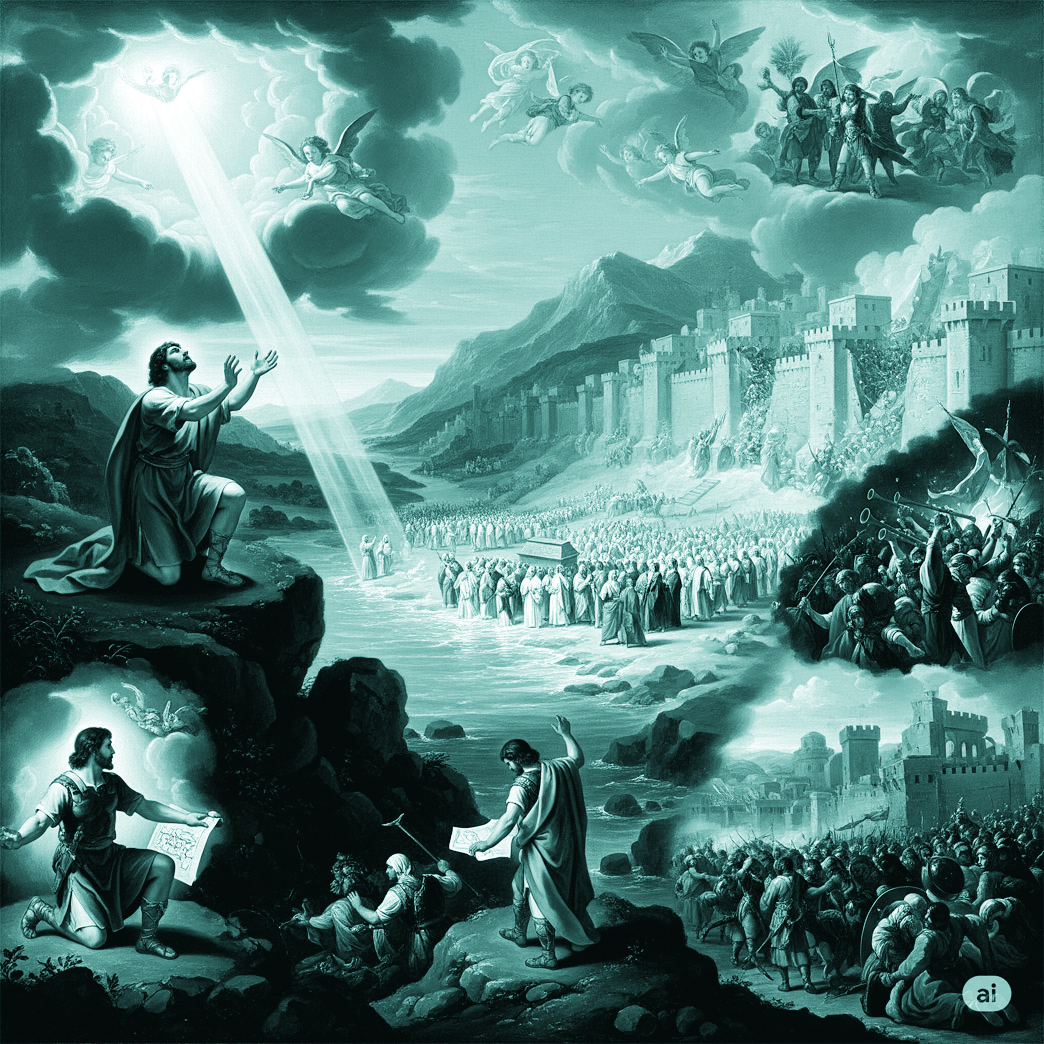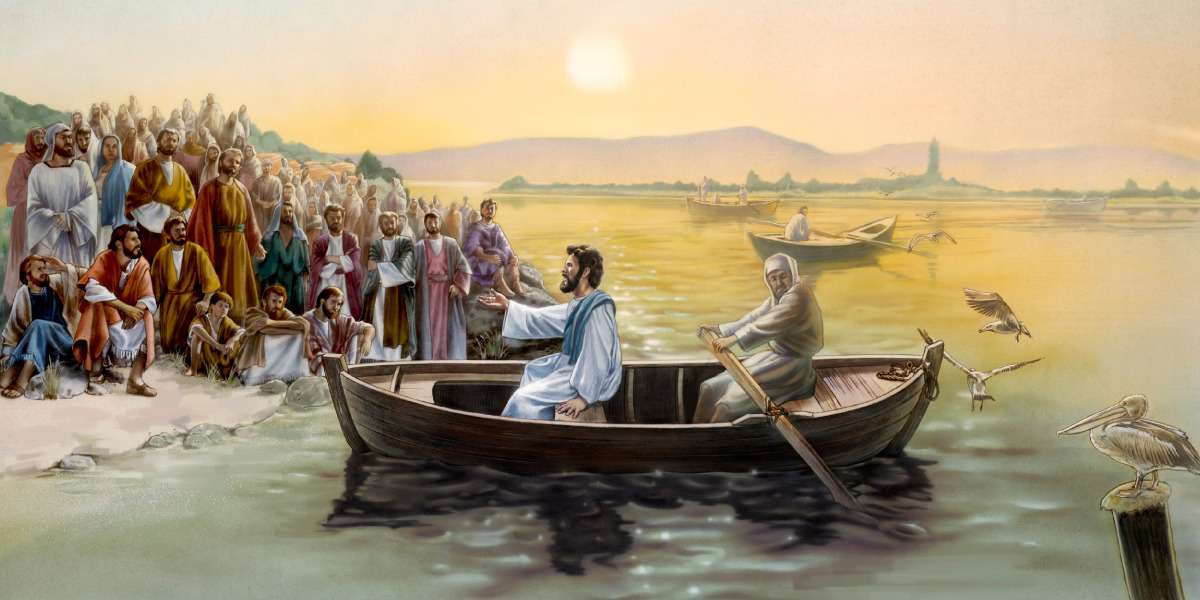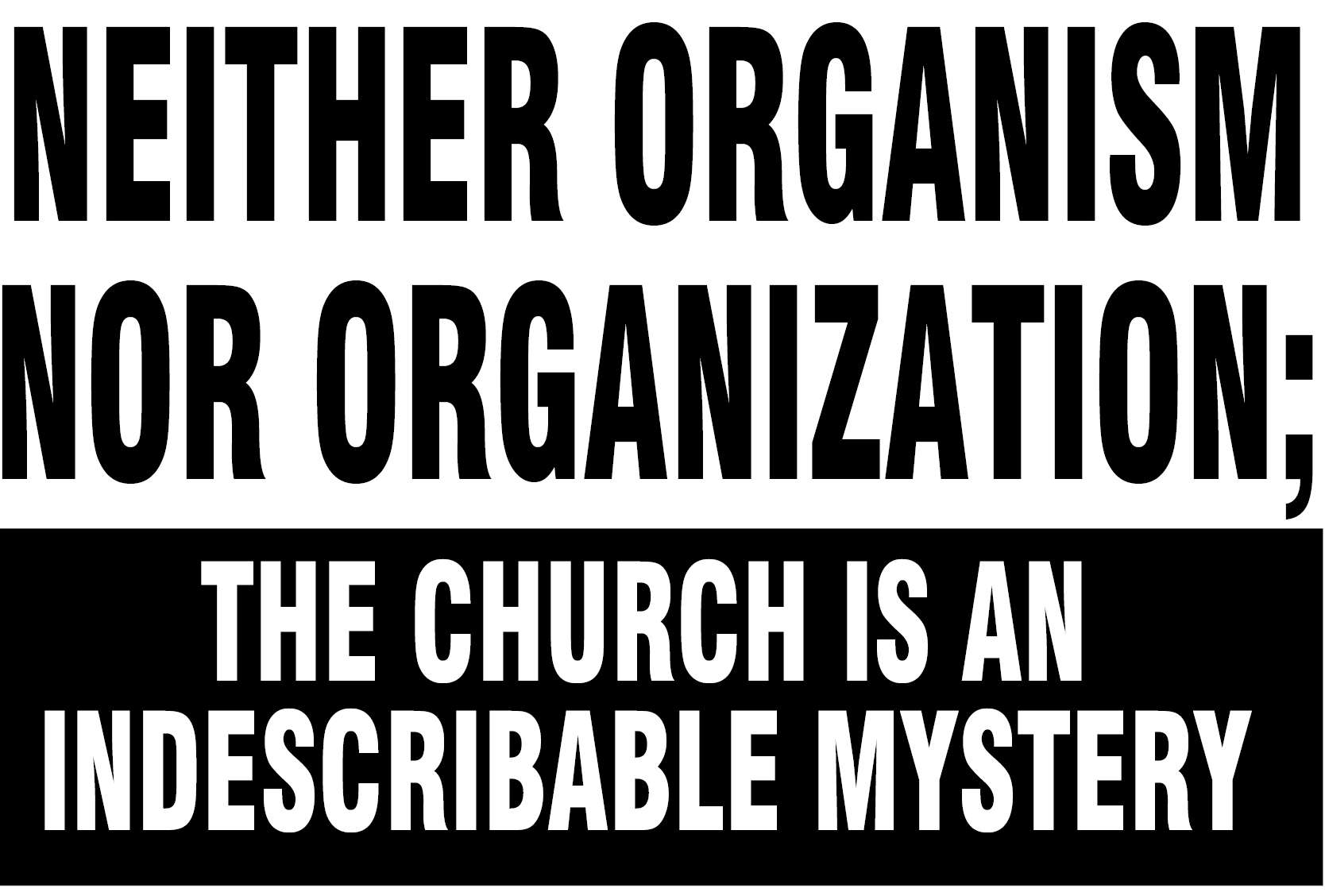

Challenges to Witnessing
Dr. J. N. Manokaran
"But you will receive power when the Holy Spirit has come upon you, and you will be my witnesses in Jerusalem and in all Judea and Samaria, and to the end of the earth.” (Acts 1:8)
The risen Saviour guaranteed that His children would be empowered to witness for Him. The focus of this verse is not power. Some Christians misunderstand the word power and think they will have powers like god men of other religions. The emphasis is on witnessing. The mandate of witnessing is not optional or one of the many choices. It is expected from each Christian. Witnessing is also not for just professionals (full time workers), it is the obligation of all Christians.
However, there are several challenges faced by people who care or dare to witness. They could be broadly divided into two categories: Inner struggles and external struggles.
Inner challenges
Spiritual: There are inner spiritual challenges as well as external spiritual challenges. There are Christians who have authentic born-again experiences, lead a righteous life but are not involved in witnessing, even when there are opportunities. The reason is the lack of understanding about the call and mandate for each and every Christian to witness. Sometimes, they have a false understanding of God, witnessing and missions. A good example is the leadership of the local church, where the great missionary, William Carey, was a young man. When he shared his heart and burden for reaching Indians, the leaders replied: "If God wants to save Indians, He could save them without your help or my help." This is a classical mistake. They did not understand that God uses human instruments to accomplish His purposes.
Psychological: India is a country with many faiths. There are also many castes and a well-defined hierarchy. The Christians who come from the lower social status in the society have psychological barriers: "How can a high-class message go from low-class people to high-class people? Will they accept it?" Again, it is the lack of understanding of God's work. Naaman was touched by God through the witness of a slave girl. (II Kings 5)
Emotional: Indian culture, like many other Asian cultures, is based on 'honour and shame'. When some one shares the gospel, there is a fear of rejection. This is understood as a shameful act. So, many are reluctant to share fearing failure. Again, it leads to misunderstanding the scripture. When we are persecuted for the gospel sake, we have to rejoice. (Mathew 5:10)
Physical: Some Christians think witnessing should happen in formal settings. The settings could be in a church atmosphere or a special stage with other communication equipment. Again, this is a misconception. Naaman's slave could have shared the good news of hope in the kitchen. Naaman's wife could have been the only audience, or the couple. Paul witnessed to Aquila and Priscilla when they were making tents together. (Acts 18) Aquila and Priscilla shared with Apollos over a meal. (Acts 18: 26) Our physical stature is not a matter of concern. All characters in the bible were simple, humble people like any of us.
Mental: Many Christians feel that they are inadequate in knowledge to become witnesses. Yes, getting as much knowledge is wonderful, but that is not sufficient. There is a need to be guided by the Spirit of God. We should be mentally alert and spiritually discerning to get insights from the Holy Spirit. Here is an interesting story. A not-so-well-educated missionary from South India was serving as a missionary in Bihar. One day, a few non-Christians came to argue with him. They said that their god is mighty enough to carry even a mountain. The missionary asked them to sit down and asked a question: “Why did he carry a mountain?” The ill-informed young people did not know. The missionary explained: "If your mother is sick, and the doctor states the name of an injection. You rush to get it from a pharmacy. However, you forget the medicine. What will you do? Will you carry the whole medical shop home? He was physically powerful to carry a mountain but could not remember the name of an herb that he had to bring, hence brought the whole mountain.” The Bible says that God has engraved us in his palms (Isaiah 49:16), and he will not forget us, even if a mother forgets her child. (Isaiah 49:15) This was a wise answer although the missionary was not very well educated. The reason is that he was well-versed in the Scripture, sensitive to the Holy Spirit promptings and insights.
External challenges
Religious challenges: Witnessing hits the road block of religion. There are numerous religions in the world. All the religions search for God or truth. However, the gospel declares that the God of heaven and earth came down to earth to redeem lost humanity. There are many people in various religions who truly seek the truth. When we witness, they are ready to accept our testimony. However, there are many who are not for truth, but proud of their own religion. Such people do not have minds open to receive the gospel.
Social challenges: There are many social challenges in India and also abroad. There are social traditions that are not conducive to share the gospel. For example, in the Western world saying "Christmas greetings" is replaced by “Seasons greetings" so that they do not hurt the sentiments of others. In India, in many places, Christians are branded as 'foreigners' or 'aliens' or 'low-caste people' or even 'traitors'. In such situations, there is prejudice in the minds of the people. In such situations, Christians have to work hard on relationships to remove such prejudices.
Political challenges: In some states in India, there are 'anti-conversion laws'. The law forbids conversion by allurement or coercion. However, this law is misused against Christians. There has been harassment in many places. The truth is that there has not been a single conviction for such kind of conversion. This kind of political pressure hinders Christians from witnessing.
Spiritual challenges: Witnessing results in release of people from the bondage of blindness, darkness and the kingdom of Satan. (Acts 26:16-18) Like the Pharaoh who refused to let the children of Israel go, Satan will not let his slaves go free. Witnessing is a spiritual warfare. There is a need for spiritual resources to counter Satan's strategies. That needs spiritual preparation, wisdom, method and strategy.
Challenge in every generation
There will be always intimidating challenges like the giant Goliath (experiences, expert and well-equipped with a modern warfare arsenal). Goliath was irrelevant to the God of Israel. India is a religious country, however, no one would speak against the Lord Jesus Christ (would speak against the Church and other institutions). Today, we can observe this phenomenon. Goliath changed the rules of war to make it advantageous for himself. Satan would subvert laws and regulations to work against Christians. Another psychological strategy adopted by Goliath was to mock the children of Israel. In fact, they were intimidated and terrified.
God's answer is a shepherd teenager, David, with just a sling and few pebbles. In fact, David was provoked by Goliath that his identity, zeal and faith surfaced. David questioned: "Who is this Philistine?" He compared Goliath to his own position as a child of the living God and belonging to the people of the Covenant. David in his zeal discussed this with common people. His brothers' comments and rebuke could not quench the zeal of David. Saul tried to quench his zeal by saying that he was only a lad, in contrast to Goliath. Perhaps David's age equaled the years of Goliath’s experience. Saul tried to discourage David by stating that he did not have the experience or expertise. Again, Saul pointed out that he did not have the equipment for war, and asked him to use his uniform style. David was not comfortable with this. David made his own rules to counter Goliath, who made his own rules. If Saul could change his strategy by changing rules, David also would change his strategy and have his own rules. So, he took pebbles and sling instead of sword, shield and spear. David's pebbles were inexpensive, available, but effective. Witnessing need not be an expensive enterprise. The reason for victory is that David did not depend on himself or his weapon but on the Name of the Lord God Almighty. (I Samuel 17: 44-47)
Conclusion
Lord Jesus Christ is not an unreasonable God to give a command that could not be accomplished. He gave this mandate, because it is possible for all born-again believers. Witnessing should not be seen as a challenge but a privilege and honour. Witnessing Christians are victorious Christians.































